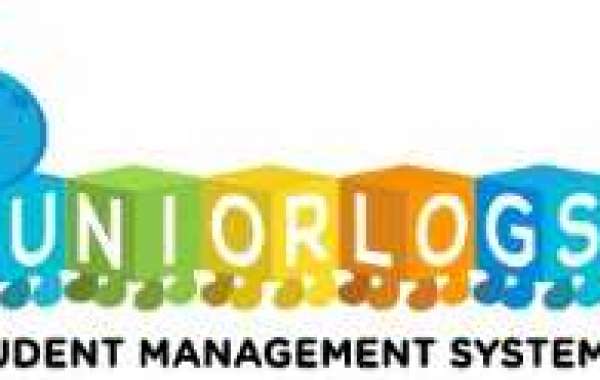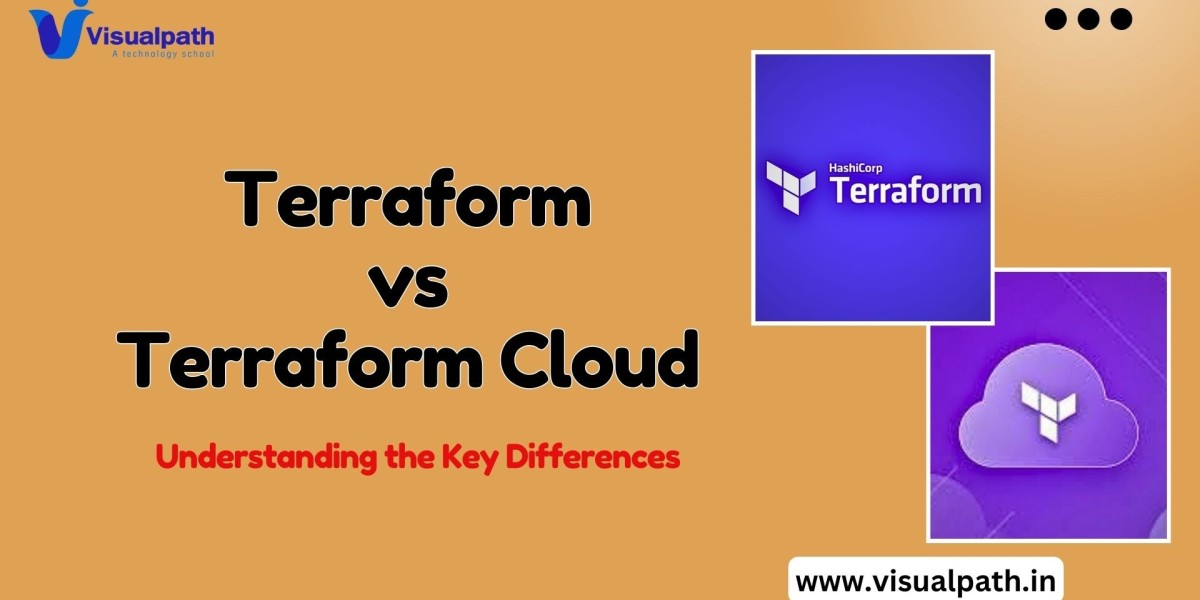Introduction
Childcare facilities play a pivotal role in supporting working parents and nurturing the growth and development of children. Managing a childcare center efficiently requires meticulous organization, communication, and data management. This is where a Childcare Management System in NZ (CMS) comes into play. In this article, we will explore the significance and benefits of implementing a CMS in childcare facilities, highlighting how it can streamline operations and enhance the overall quality of childcare services.
1.Centralized Administration
A Childcare Management System serves as a centralized hub for managing various aspects of a childcare facility. It allows administrators to oversee enrollments, track attendance, manage staff scheduling, and access vital information with ease. This centralized approach simplifies operations, reduces administrative workload, and ensures that important data is readily available.
2.Efficient Enrollment and Registration
The enrollment and registration process is often one of the first touchpoints for parents and guardians. A CMS provides an online platform where parents can register their children, submit necessary documentation, and make payments securely. This convenience not only saves time but also enhances the overall experience for families.
3.Attendance Tracking and Reporting
Tracking attendance is a critical aspect of childcare management. With a CMS, staff members can efficiently record daily attendance, making it easy to keep accurate records and generate reports. It also helps in ensuring that children are safe and accounted for at all times.
4.Secure and Accessible Data
Childcare facilities handle sensitive information about children and their families. A CMS offers secure data storage and access controls, safeguarding this information from unauthorized access. At the same time, authorized personnel can easily access data when needed, improving communication and information sharing.
5.Staff Scheduling and Communication
Scheduling staff in a childcare center can be complex, considering various roles, shifts, and qualifications. A CMS streamlines this process by allowing administrators to create schedules, track staff availability, and ensure that all required positions are adequately staffed. Additionally, it facilitates communication among staff members, parents, and administrators, enhancing collaboration and information exchange.
6.Billing and Payment Management
Billing and payment management can be a time-consuming task for childcare facilities. A CMS automates billing processes, generates invoices, and tracks payments, simplifying financial management. This ensures that payments are processed accurately and on time, benefiting both the childcare center and parents.
7.Child Progress Tracking
Child development is a primary focus in childcare centers. A CMS can help track and document a child's progress, including developmental milestones, activities, and assessments. This information can be shared with parents, enabling them to stay informed about their child's growth and development.
8.Regulatory Compliance
Childcare facilities are subject to various regulations and licensing requirements. A CMS can assist in ensuring that the center complies with these standards by maintaining accurate records, providing necessary documentation, and generating compliance reports.
Conclusion
A Childcare Management System is a valuable tool for childcare facilities seeking to enhance their operations and provide high-quality services. By centralizing administrative tasks, streamlining enrollment and registration, facilitating attendance tracking, ensuring secure data management, simplifying staff scheduling and communication, automating billing and payment processes, and enabling child progress tracking, a CMS not only improves efficiency but also contributes to a better overall childcare experience for both parents and children.
As childcare centers continue to evolve and adapt to the needs of modern families, the implementation of a Childcare Management System is an investment that can lead to increased satisfaction, improved staff productivity, and the continued success of the facility.
For More Info:-










